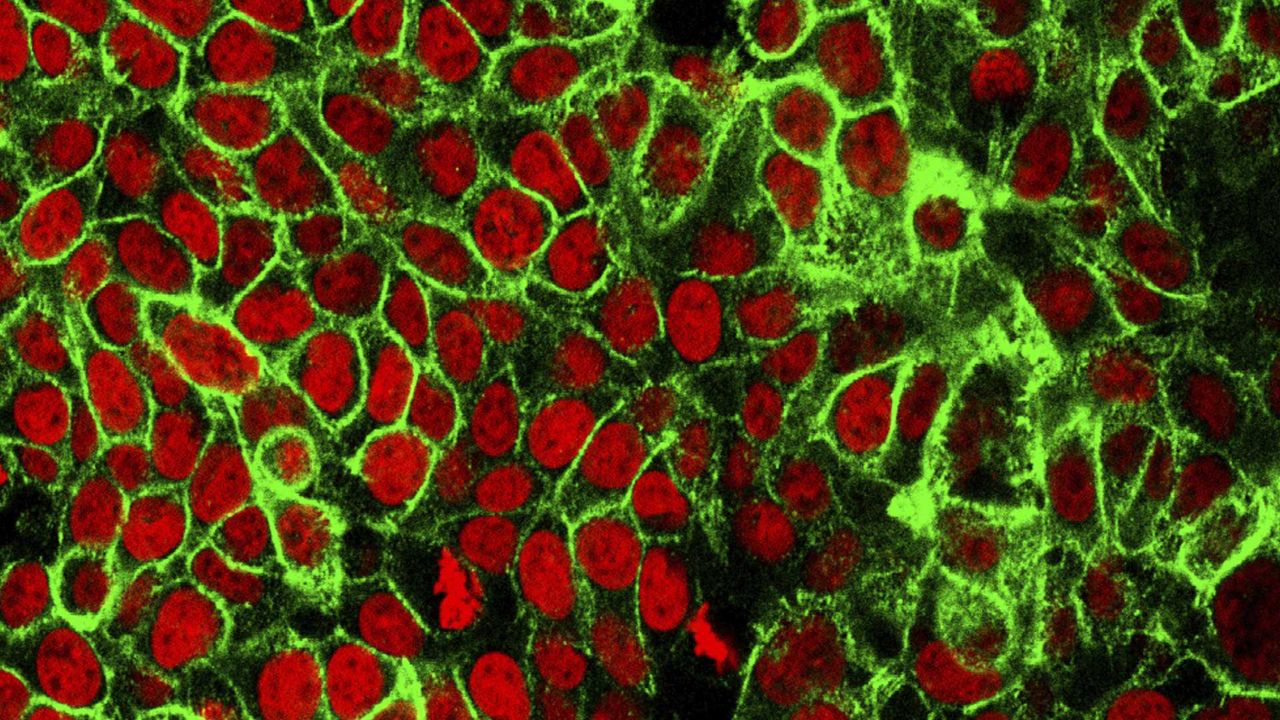The American Cancer Society (ACS) is warning individuals to be more vigilant when it comes to getting their annual cancer screenings, saying the high volume of individuals who either canceled their tests or did not follow up on results amid the ongoing coronavirus pandemic may lead to prolonged health issues in the future.
According to research shared by the ACS, over a third of U.S. adults failed to get routine cancer screenings due to fears related to COVID-19 over the past year and a half. A number of national studies show the decrease in testing was most noticeable during the outset of the pandemic in 2020, when nearly 22 million screenings were either canceled or missed between June - March of last year.
While there are varying recommendations on how often an individual should get screened for cancer — depending on a multitude of factors, including a person’s age, gender, medical history and the type of cancer — the decrease in testing was not limited to one kind of cancer in particular.
According to a study published in the American Journal of Managed Care last October, found in April of last year, “screenings for breast, colon, prostate, and lung cancers were lower by 85%, 75%, 74%, and 56%, respectively.”
Cancer screenings across the board have experienced an uptick this year, but have yet to return to pre-pandemic heights. Doctors are warning there could be lasting effects for many Americans as long as a decade into the future.
The National Cancer Institute (NCI) predicts that over the next ten years, nearly 10,000 breast and colorectal cancer deaths will be “because of pandemic-related delays in cancer screening and treatment.” The estimate “does not account for other cancer types and assumed only a 6-month disruption in care, suggesting the actual excess deaths could be much higher.”
The U.S. Centers for Disease Control and Prevention (CDC) issued a similar warning in late June, saying the agency’s Early Detection program received 87% less breast cancer screenings and 84% less cervical screenings in April last year compared to the previous five-year average for that month.
Both the CDC and ACS noted that the decrease in cancer screenings were particularly stark in minority communities, and warned that the continued trend would only serve to exacerbate existing health inequities across the country.
“This study highlights a decline in cancer screening among women of racial and ethnic minority groups with low incomes when their access to medical services decreased at the beginning of the pandemic,” Amy DeGroff, CDC health scientist and lead author, wrote in a statement at the time. “They reinforce the need to safely maintain routine health care services during the pandemic, especially when the health care environment meets COVID-19 safety guidelines.”
The reasons for the decrease in cancer screenings at the outset of the pandemic were due, in part, to hospitals cancelling elective procedures in order to make room for COVID-19 patients.
Many hospitals have brought back elective procedures, including cancer screenings, with some offering new, in-home fecal immunochemical tests (FIT) for colorectal cancer screenings.
ACS experts are also encouraging hospitals to “prioritize cancer screening, as long as it is safe to do so,” and recommend a renewed focus on efforts to address vulnerable populations who may not be aware screenings have resumed.
